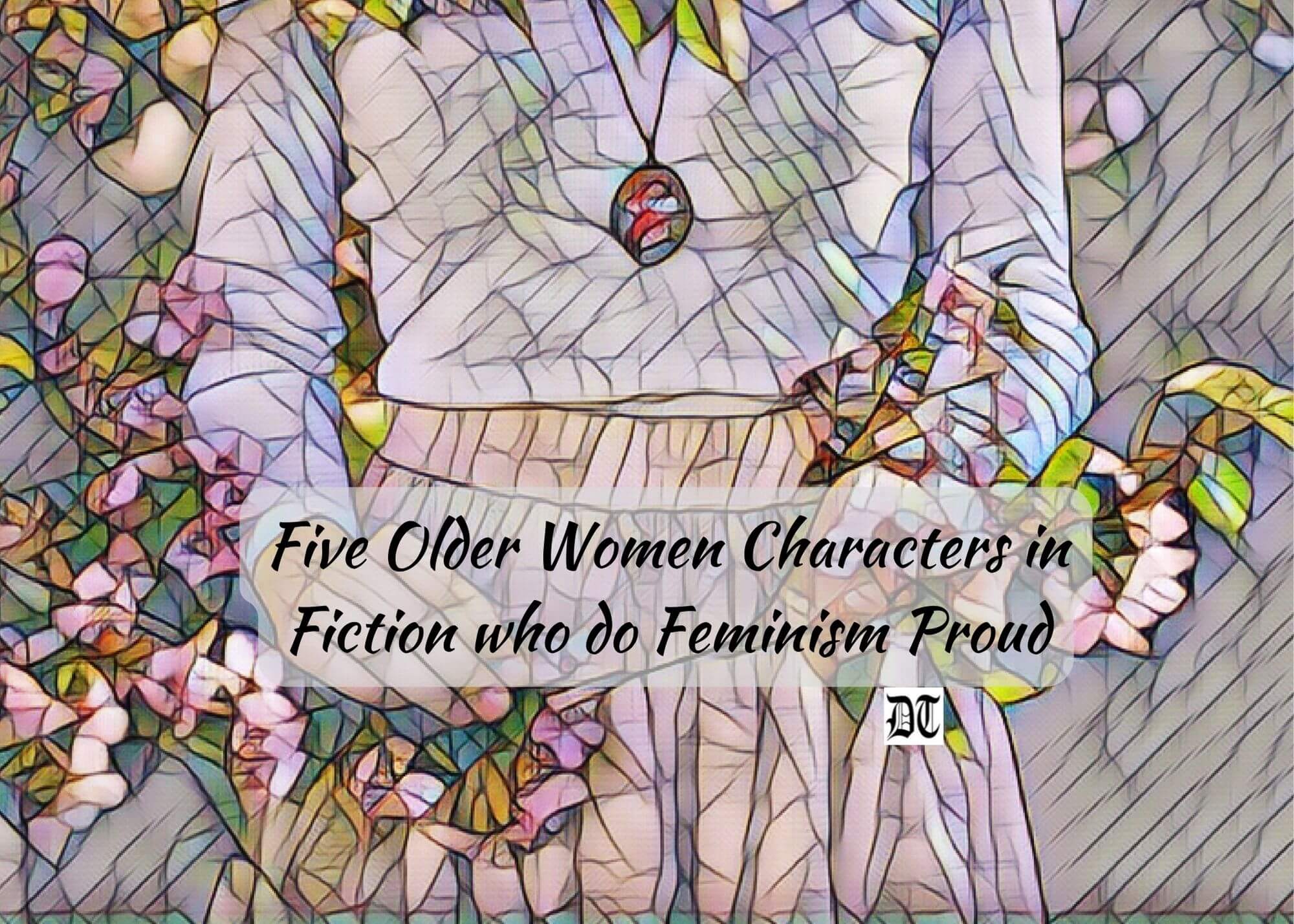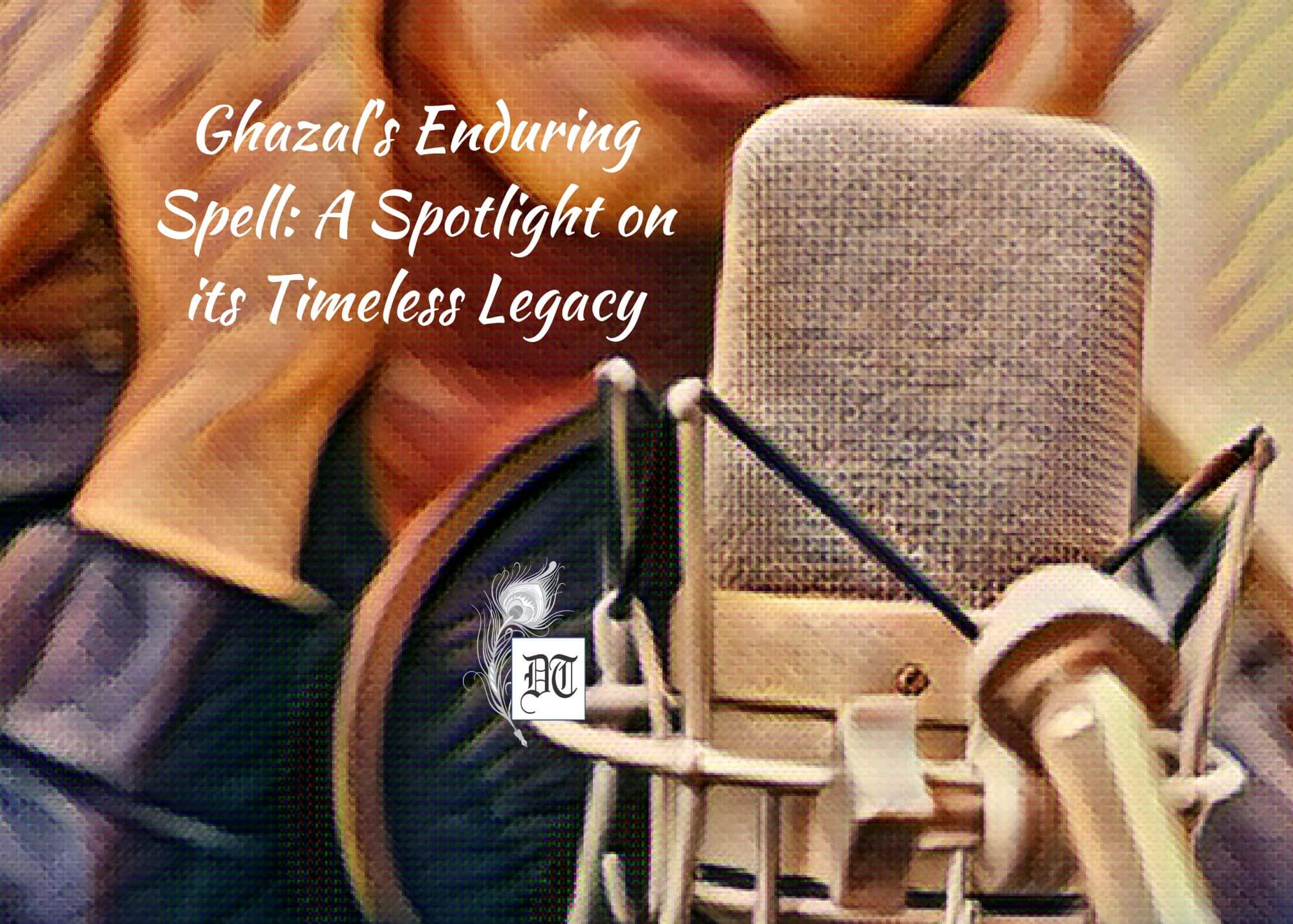Urdu, which was till now thought to have roots in Delhi, actually took birth in Lahore and adopted Old Punjabi contrary to Braj as its base language. Later, the influence of Khari Boli can be seen on Urdu as the language journeyed through the lands of India. Almost 166 years later, the troops entered Delhi and the language Urdu came into a whole being with a little bit of Old Punjabi, Khari and overwhelming influence of Persian. In an in-depth article, Sehar traces the origin and development of Urdu, exclusively in Different Truths.
While reading the history of Urdu it will be more than clear that the origins of Urdu lie in the capital city of Delhi. The army of the Mughals made Delhi its headquarters from 1193 onwards, while the locals of the city spoke the Braj dialect. And the soldiers were conversant in Persian.
The Punjabi Angle
Though most authors and historians are of the opinion that the beginning of Urdu era began  in Delhi, but an interesting aspect came to light while researching about the language. Almost 200 years earlier, the Mughal army had already entered Punjab and stationed themselves in the Land of Five Rivers.
in Delhi, but an interesting aspect came to light while researching about the language. Almost 200 years earlier, the Mughal army had already entered Punjab and stationed themselves in the Land of Five Rivers.
If we look back and imagine the scenario back then it becomes easier to understand how the birth of Urdu took place in the culturally diverse India. Within a few years of their presence in Punjab, the soldiers must have interacted with the local community and would have also learned the local language, which would have led to a modified version of the local dialect as it must have definitely got mixed with the mother tongue of the soldiers. Though the soldiers continued to converse amongst themselves in their mother tongue Persian, it slowly began to lose its vigour as Punjabi dialect became more popular. Though the language continued to enjoy the status of the language of the court in Delhi as well as Lahore, Persian took a back seat as Urdu began to flourish.
From Lahore to Delhi: Zaban-i-Urdu
 The important thing to note here is that the language Urdu, which was till now thought to have roots in Delhi, actually took birth in Lahore and adopted Old Punjabi contrary to Braj as its base language. Later, the influence of Khari Boli can be seen on Urdu as the language journeyed through the lands of India. Almost 166 years later, the troops entered Delhi and the language Urdu came into a whole being with a little bit of Old Punjabi, Khari and overwhelming influence of Persian.
The important thing to note here is that the language Urdu, which was till now thought to have roots in Delhi, actually took birth in Lahore and adopted Old Punjabi contrary to Braj as its base language. Later, the influence of Khari Boli can be seen on Urdu as the language journeyed through the lands of India. Almost 166 years later, the troops entered Delhi and the language Urdu came into a whole being with a little bit of Old Punjabi, Khari and overwhelming influence of Persian.
The Deccan Influence
It is interesting to note that as the language spread across North India, with emperors and kings giving up their mother tongue and adopting a new language, the influence of Urdu could also be seen in the southern part of India. If we go by statistics almost three million Urdu speakers currently exist in the Deccan plateau of the nation.
As the language spread across the nation, people from different communities, caste and creed began to  adopt it wholeheartedly. Lucknow and Delhi became two important centres of the language. During the British rule, the language came into the limelight once again, as poets, writers, and many freedom fighters use the language to express their discontent against the Colonial Regime.
adopt it wholeheartedly. Lucknow and Delhi became two important centres of the language. During the British rule, the language came into the limelight once again, as poets, writers, and many freedom fighters use the language to express their discontent against the Colonial Regime.
Here, I would like to end with a couple Mushafi against the British exploitation before 1795:
Hindustan ki daulat-o-hashmat jo kuch bhi thi
Kafir Firangiyon ne batadbeer kheen li
[The tyrant Britishers sucked away with cunningness
All the wealth and grandeur that was India. (Translated by Ali Jawwad Zaidi)].
In my next article, I would deal with the Indian freedom movement and the role of Urdu in detail.
©Sehar Siddiqui
Photos from the internet sourced by the author.
#Urdu #UrduInIndia #InfluenceOfLocationOnUrdu #PunjabsInfluenceOnUrdu


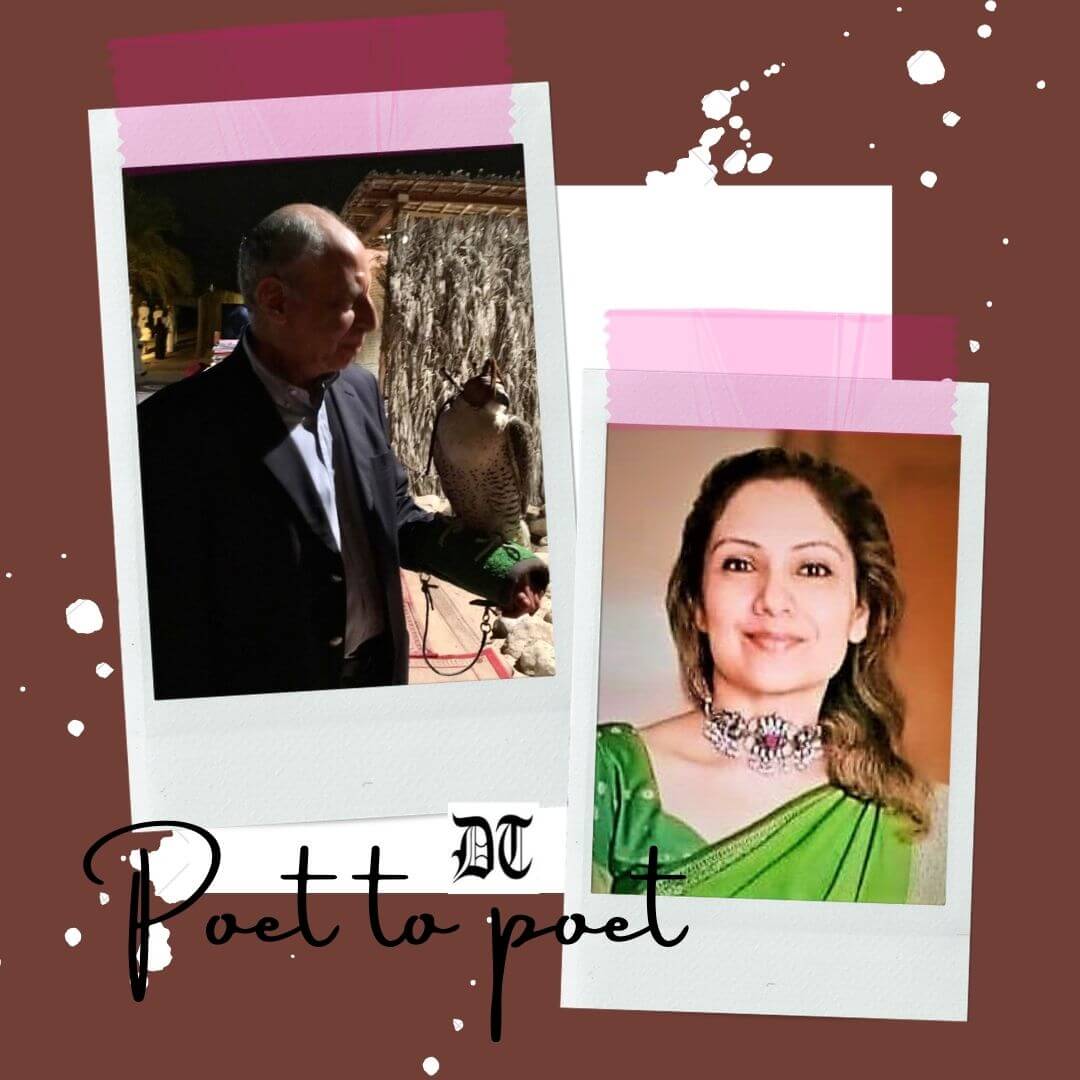
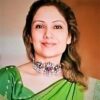 By
By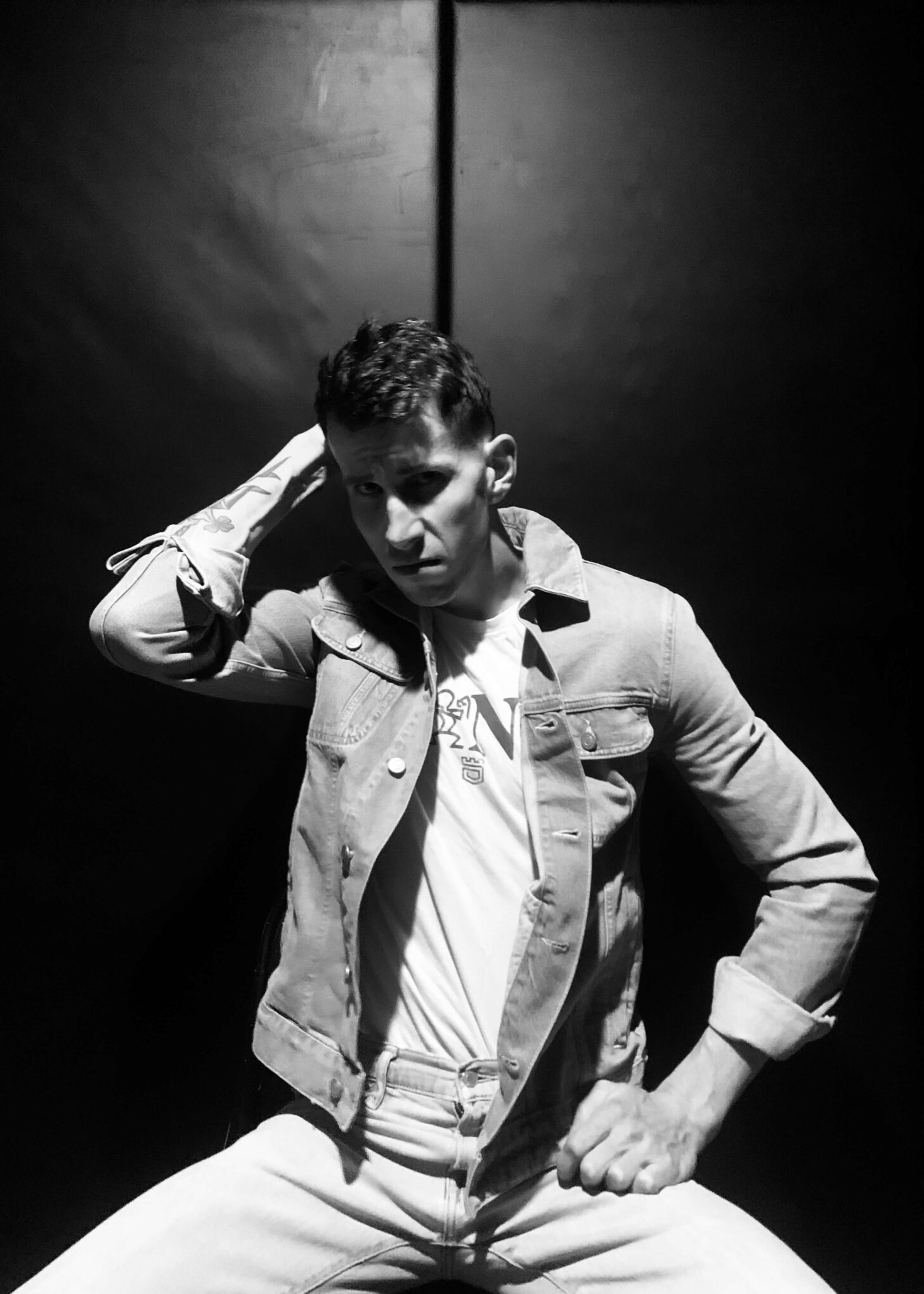
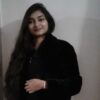 By
By